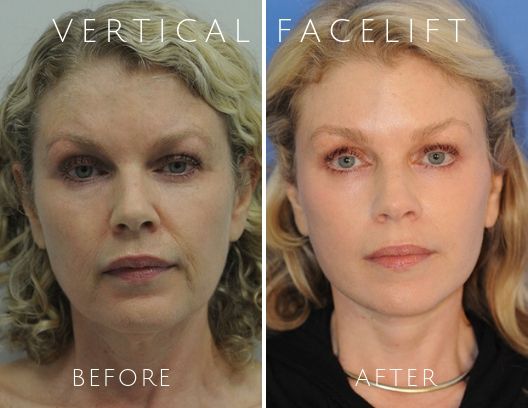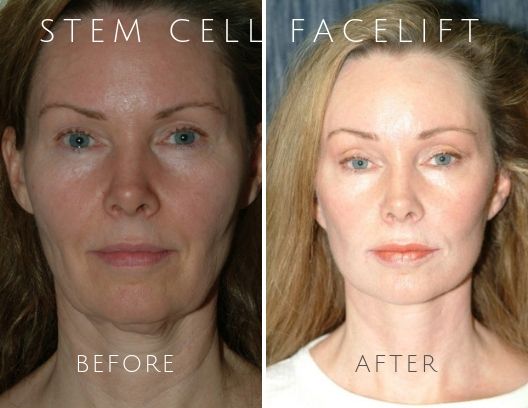4 Tips for a Better Plastic Surgery Recovery
Getting plastic surgery requires a lot of careful consideration. Patients think long and hard about what issues are worth undergoing surgery to correct. Choosing the right plastic surgeon, preferably one who is board-certified, like Dr. Renato Calabria, also takes a lot of time and thought.
There’s no denying the beautiful results that can come from plastic surgery, and recovery is part of the process of making your dream look a reality.
Recovery can vary based on factors such as genetics, age, your general health, and other reasons. Being prepared for what follows after that last incision is closed can help facilitate the entire healing process and increase the odds of having ideal results.
1. Make Good Health a Habit
In general, patients who are in good health tend to bounce back much more quickly. Their bodies are better prepared to deal with the trauma of surgery and the natural healing process.
Smokers will need to quit for at least a few weeks before and after the procedure since nicotine can greatly hamper the body’s ability to heal. Excessive drinking and certain medications, such as aspirin or other anti-inflammatory drugs, should also be avoided for the same reasons.
Patients should be encouraged to make certain lifestyle changes before surgery that will help facilitate healing and decrease the likelihood of complications. Creating healthy habits beforehand makes it easier to maintain them after the procedure. A healthier lifestyle will help to preserve the results for much longer.
2. Eat Right to Boost Healing
What you eat can make a difference in how you recover. Vitamin C and A, found in dark leafy greens and citrus fruits, contain wound-healing properties that boost healing. Amino acids found in lean proteins help increase tissue regeneration.
Foods high in fiber prevent constipation, a common side effect of pain medications, and heart-healthy fats like avocado and eggs provide the energy the body needs to recover. Drinking plenty of water is essential to good health, as proper hydration ensures the body is flushed of toxins and waste.
3. Know What To Expect
Despite incredible advances in the industry that are occurring daily, plastic surgery is still surgery, and you should expect some discomfort after the procedure. Knowing as much as possible about the process beforehand can help to improve the comfort of your recovery.
Patients will usually need to use bandages or compression garments right after surgery. A compression garment offers extra support to healing areas, reduces swelling, and helps keep surgical sites or wounds clean, reducing any risk of inflammation or infection.
Patients may need a compression garment for the following procedures:
- Stem cell breast augmentation: Garment will provide support to breasts and/or fat extraction sites.
- Stem cell facelift: Garment will provide support to the repositioned facial tissues.
- Body contouring: Garment will provide support to augmented body parts (buttocks, breasts) and re-contoured areas (tummy tuck, thighs, arms).
- Breast revision: Garment will provide support to breasts after fat grafting revisions.
Swelling and pain, as uncomfortable as they are, are signs the body’s natural healing mechanisms are doing their job. Typically, the worst symptoms happen in the hours and days right after surgery. To help mitigate the discomfort, pain medication will be prescribed after most procedures.
4. Get Plenty of Rest
Rest is crucial right after your surgery since this is when your surgical sites are at their most fragile and tender. Patients will need to take plenty of time to rest to let their bodies recuperate. Doing too much too soon can put patients at risk of opening up wounds and slowing down the healing process.
Patients can plan ahead to make sure rest is a top priority during recovery. Here are some ways to best prepare for your recovery:
Take Time Off
It can often take a few weeks for the body to fully heal, so patients should plan to take time off from work and make any other necessary adjustments to their schedule well in advance.
Line Up Help
Having an extra set of hands around immediately after your surgery can be extremely helpful for patients who have small children or other responsibilities. Some patients will also likely need someone to help drive them home from the hospital after surgery.
Set Up Recovery Area
Some procedures may require patients to sit or recline in certain positions. Setting up a recliner, hospital bed, or another resting area is best done beforehand to avoid any unnecessary stress on the day of the surgery.
Stay Calm
It’s natural to feel impatient after surgery, especially in those first few days where discomfort is at its highest. Be patient with yourself, and give yourself the time you need to recuperate.
Taking these few extra steps before surgery will help you achieve a better outcome following your plastic surgery.
Thinking about plastic surgery? Dr. Calabria can help patients achieve the results they want. Contact our Beverly Hills office at (323) 612-0876, our Rancho Mirage office at (760) 836-0077, or our Milan, Italy office at +393494662323 to schedule a consultation soon.


